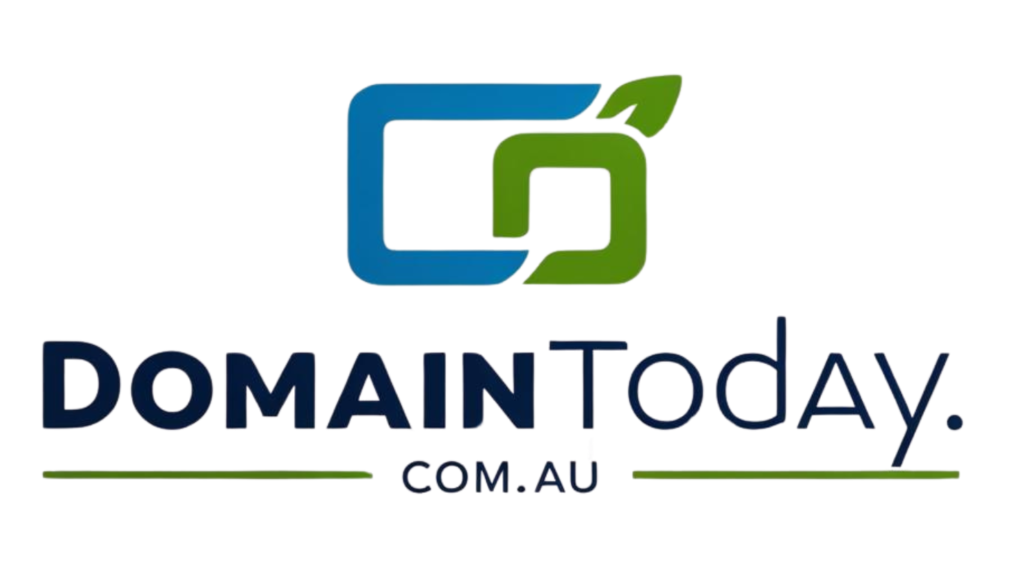A company recently found itself in a peculiar situation involving a domain broker and a reverse domain name hijacking attempt. Skytree B.V., a carbon capture technology business, was accused of reverse domain name hijacking by a World Intellectual Property Organization panel for its pursuit of skytree.com, a domain registered in 1998.
In a twist of events, Skytree B.V. had approached a domain broker inquiring about purchasing skytree.com, hinting at a “Plan B” strategy to be executed by November. This Plan B involved initiating a cybersquatting dispute under the Uniform Domain Name Dispute Resolution Policy, as revealed in the broker correspondence.
The Complainant’s arguments, as summarized by Panelist Adam Taylor, included claims that the domain had degenerated into a bad faith registration and was being withheld from legitimate buyers. However, the case faced a major setback due to the domain’s long-standing registration predating the Complainant’s trademark rights.
Taylor swiftly identified this as a clear case of reverse domain name hijacking, citing various reasons such as the Complainant’s pre-filing attempt to purchase the domain and the lack of legal grounds for the Complaint. The Complainant’s use of the UDRP process to uncover the domain owner’s identity for negotiation purposes was deemed improper and an abuse of the system.
Represented by Matchmark B.V., Skytree B.V. faced off against Chestek Legal, representing the domain owner, in this contentious dispute. The legal battle shed light on the complexities of domain acquisitions and the importance of adhering to established policies and precedents in resolving such conflicts.
This case underscores the significance of understanding the intricacies of domain brokerage and the potential pitfalls of misusing legal mechanisms for personal gain. It serves as a cautionary tale for companies engaging in domain disputes and highlights the need for ethical and lawful practices in the domain industry.
As the domain name landscape continues to evolve, ensuring transparency, fairness, and adherence to established protocols is crucial in maintaining trust and integrity within the domain brokerage sector. By learning from cases like this, businesses can navigate domain acquisitions more effectively and ethically, ultimately fostering a more robust and trustworthy domain marketplace for all stakeholders.
📰 Related Articles
- UDRP Case Reveals Reverse Domain Name Hijacking Dilemma
- Jewelry Maker Eve Li Faces Reverse Domain Name Hijacking
- Navasard Limited Fails in Attempted Domain Name Hijacking
- ITWAY’s Attempted Domain Acquisition Results in Reverse Hijacking Ruling
- Alumni Ventures LLC’s Failed Attempt at Domain Name Hijacking






